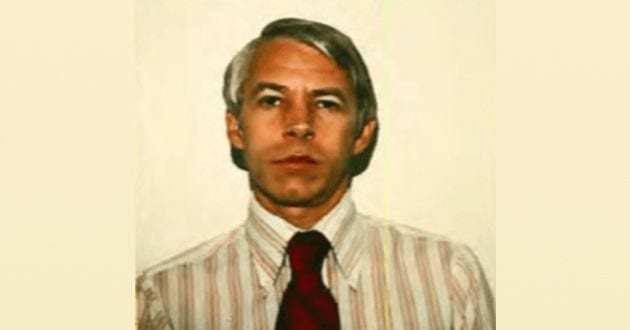As a double major in the College of Humanities (history and Spanish), one of my biggest pet peeves is being asked “What are you going to do with that degree?” Too often this question is used to imply that because it does not point to a single, specific career path, a humanities degree is not a worthwhile investment (touché, I know).
My Spanish degree is easily justified courtesy of the North American Free Trade Agreement and America’s large and vital Hispanic population. The history degree, however, is the one people seem to struggle with. Yet this week, events have made a case for the importance of studying history, and on a more universal level, the truth that in order to move forward with the future, one must first look back at the past.
On Tuesday, Germany’s Holocaust Memorial opened in Berlin. This long-awaited monument, some 2,711 gray cement slabs covering more than five acres and accompanied by an underground information center, sends a message far beyond its simple design. It represents our world trying to understand how and why the tragedy of the Holocaust was ever allowed to occur, and a commitment to preventing it from being repeated. As this monument proves, no event is isolated; its repercussions reach far into the future and in order to move on, we must find some way to reconcile with the past.
During a speech given in Latvia earlier this week, President Bush said, “For much of Germany, defeat led to freedom. For much of Eastern and Central Europe, victory brought the iron rule of another empire. V-E marked the end of fascism, but not the end of oppression.”
The comments, which refer to the post-World War II influence of the Soviet Union in Eastern Europe, angered the Russian government, which insisted that that it was not an occupying country, but rather was invited into the region. Regardless of which side you agree with, this incident illustrates how much of our identity is rooted in history. Though the quote reaches back to the 1940s, it still sparks international controversy today.
On the other side of the globe, the Central American Free Trade Agreement is being debated in the U.S. Congress. This trade pact, which would increase U.S. trade relationships with Central America, is largely controversial. This is partly because of the mixed feelings surrounding NAFTA. NAFTA, the free trade agreement between the United States, Canada and Mexico enacted in 1994, has received evaluations ranging from that of wild success to dismal failure. While both sides of the CAFTA debate see NAFTA as being a predictor for the destiny of CAFTA, the incomplete historical analysis of NAFTA is fueling further conflict. Indeed we can only anticipate the future based on past patterns; historical analysis is our tool to try and plan for what might happen.
In this age of economic globalization, a worldwide crusade against terrorism and international relationships, historical context is vital. While we find ourselves constantly trying to merge on the international level, our past and its role in shaping our identities and present realities cannot be ignored.
One of the most important things we can do in our quest for innovation and progress is to examine our past. As the American poet Robert Penn Warren said, “History cannot give us a program for the future, but it can give us a fuller understanding of ourselves, and of our common humanity, so that we can better face the future.”
Laura Herbert is a sophomore in history and Spanish. She can be reached for comment at [email protected].


